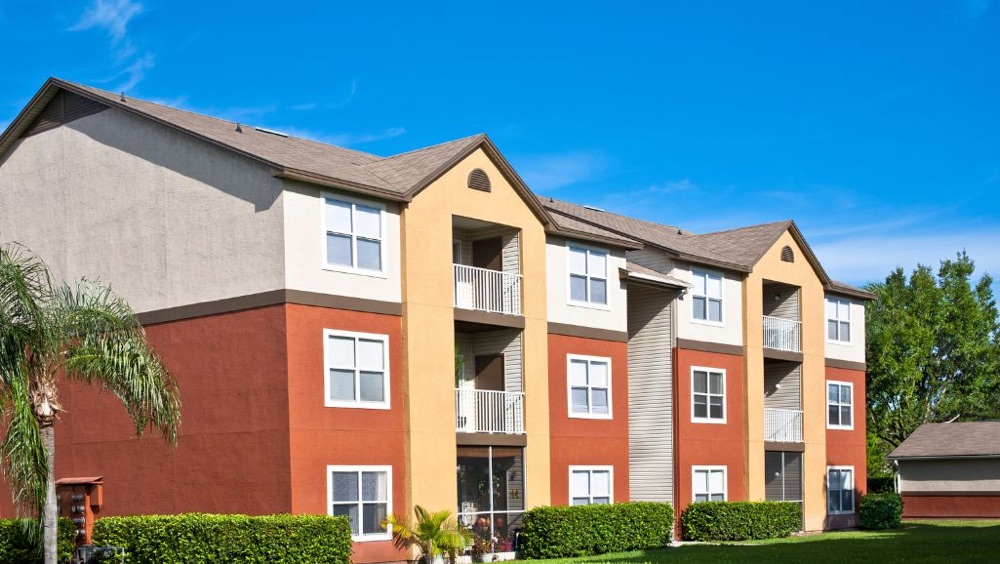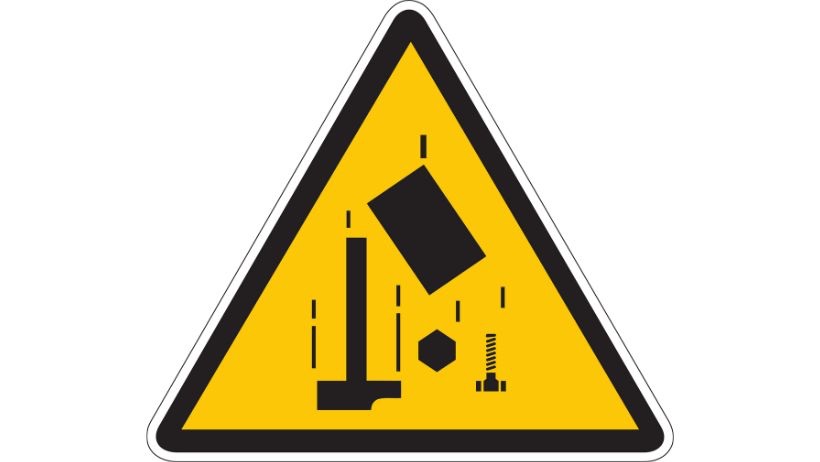 Whether you're a fleet owner, fleet manager, or owner-operator, the right Commercial Truck Insurance protects you, your business, and your vehicle(s). You are probably quite familiar with vehicle maintenance, government regulations, and other aspects of running a trucking business. However, you may not be as familiar with the ins and outs of commercial truck insurance. With so many different insurance companies and options, choosing the right insurance for your needs can be tricky.
Whether you're a fleet owner, fleet manager, or owner-operator, the right Commercial Truck Insurance protects you, your business, and your vehicle(s). You are probably quite familiar with vehicle maintenance, government regulations, and other aspects of running a trucking business. However, you may not be as familiar with the ins and outs of commercial truck insurance. With so many different insurance companies and options, choosing the right insurance for your needs can be tricky.
5 Questions to Ensure You Have the Right Insurance at the Best Price
-
What coverage options are relevant to my needs?
When considering Commercial Truck Insurance, many think about collision coverage, which protects against damages to your truck and other vehicles in a collision-type accident. However, there are many other potential hazards and things besides your truck that need to be protected to be successful.
Every situation is unique, so it's best to review potential scenarios with your agent and ask what options are relevant to your needs. Here are a few options your agent may mention:
- Comprehensive Insurance
Comprehensive Insurance covers damages or losses not resulting from a collision, such as vandalism, theft, fire, etc. - Commercial Liability Insurance
Commercial Liability Insurance protects you against loss from legal liability resulting from bodily injury or property damage to another party. - Cargo Insurance
Cargo insurance protects against loss from legal liability for damage to goods or merchandise in your care and custody while in transit. - Trailer Interchange Insurance
Trailer interchange insurance covers legal liability for damage to others' trailers if you haul trailers belonging to other truckers or motor carriers. - Uninsured/Underinsured Motorists Coverage
Uninsured/Underinsured Motorists Coverage helps pay for damage to your truck if someone hits you and does not have liability coverage. - Non-trucking coverage
Non-trucking coverage is for things not directly related to the trucking operation.
-
What factors affect my commercial truck insurance premiums?
What you don't know can hurt you in this case. The cost of your insurance premiums is based on several factors, such as the driver's age and experience, the driver's driving record, the value and age of the truck you're insuring, your vehicle's maintenance and service history, driving location, and distance, your business safety rating, if you have multiple policies, type of cargo being transported, the amount of your deductible, and more. If you know the factors that affect your premiums, you may be able to make adjustments to lower them.
-
How can I lower the cost of my commercial truck insurance premiums?
Ask your agent what steps you can take to lower your premiums. They may suggest trying to reduce the number of claims by managing risk. For example, maintaining high safety standards, providing safety training, properly maintaining your vehicles, and utilizing technology (GPS tracking, dash cams, fleet telematics systems) can lower the risk of an accident and claim, lowering your insurance premiums.
Your agent may also suggest combining policies and/or increasing your deductible. A good agent will also advise you of any special offers or discounts you may be able to take advantage of. For example, American Insuring Group has partnered with Progressive Commercial to offer our Progressive truck insurance customers free use of an ELD device or up to $500! It's an easy and smart way to satisfy the ELD mandate at no cost.
Here are a few additional ways to lower commercial truck insurance costs. -
Are you an independent or captive insurance agent?
The independent agents at American Insuring Group work with over 25 competing insurance carriers so we can find you the best insurance value to meet your specific needs. Whereas a captive agent only works with one insurance company. -
What is the claims process?
According to the Federal Motor Carrier Safety Administration (FMCSA), there were approximately 494,000 police-reported crashes involving large trucks in 2021. Therefore, you're probably looking at when, not if, you will need to make a claim, so you should ask your agent about the claims process with any insurance company you're considering. For example, is it a slow or complicated process? Look for terms such as 24-hour claims service, access to a real person, quick claims processing, and online claims submission.
Contact Us to Get the Right Commercial Truck Insurance!
The agents at American Insuring Group specialize in Truck Insurance and are happy to answer any of your questions. Plus, as independent agents, we compare the cost of your coverage among many competing insurance companies to ensure you get the best rate on your insurance premiums.
Don't let what you don't know hurt your business. Call American Insuring Group today at (800) 947-1270 or (610) 775-3848, or connect with us online to get your questions answered.



 In Pennsylvania, almost every employer is required to carry
In Pennsylvania, almost every employer is required to carry  In a perfect world, every construction or renovation project would go exactly as planned with the expected results. Unfortunately, that rarely happens. Sometimes, design plans are flawed, work is done incorrectly, or materials are defective, resulting in construction defects that you, as a contractor or subcontractor, may be held liable for.
In a perfect world, every construction or renovation project would go exactly as planned with the expected results. Unfortunately, that rarely happens. Sometimes, design plans are flawed, work is done incorrectly, or materials are defective, resulting in construction defects that you, as a contractor or subcontractor, may be held liable for. Historically, buying real estate has been a lucrative investment. "For the past decade, real estate has ranked as Americans' top investment pick, with 34% of Americans identifying real estate as the best long-term investment in 2023," according to
Historically, buying real estate has been a lucrative investment. "For the past decade, real estate has ranked as Americans' top investment pick, with 34% of Americans identifying real estate as the best long-term investment in 2023," according to  Commercial Truck Insurance
Commercial Truck Insurance Regarding
Regarding  If you want to lower the cost of
If you want to lower the cost of  Many new real estate investors assume homeowners' insurance will cover any damage or liability associated with their rental property. However, if you are not the resident of a property and instead rent it out to someone else – whether it's for a week or several years – you need
Many new real estate investors assume homeowners' insurance will cover any damage or liability associated with their rental property. However, if you are not the resident of a property and instead rent it out to someone else – whether it's for a week or several years – you need  Keeping commercial truck drivers healthy and safe is a win for everyone. It minimizes the risk of driver injuries and fatalities, lowers the risk of damage to trucks and cargo, decreases driver turnover, reduces
Keeping commercial truck drivers healthy and safe is a win for everyone. It minimizes the risk of driver injuries and fatalities, lowers the risk of damage to trucks and cargo, decreases driver turnover, reduces  Workers' Compensation (WC) Insurance
Workers' Compensation (WC) Insurance



